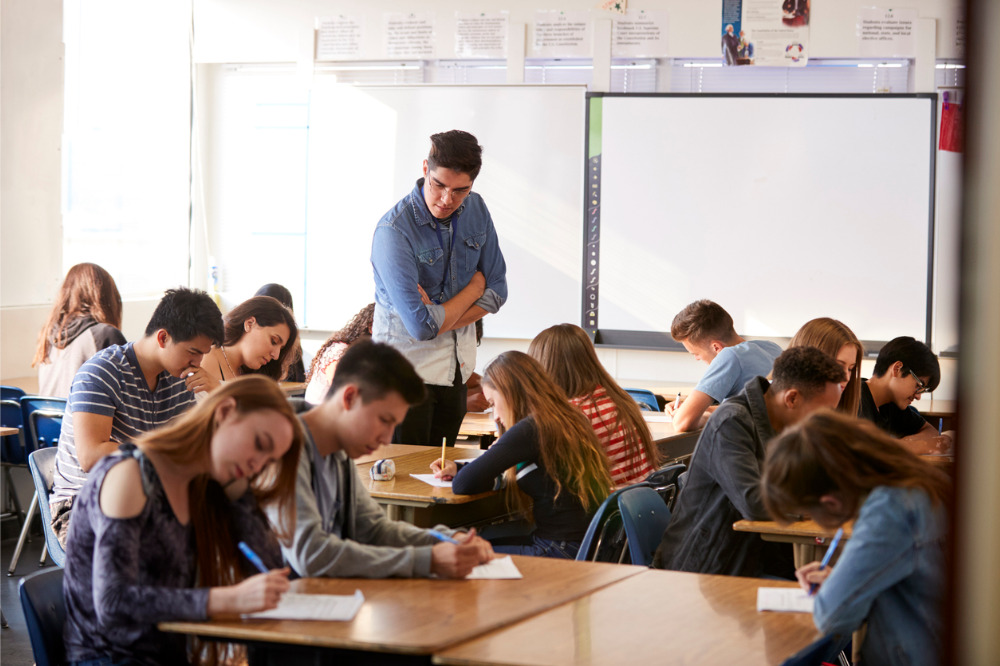
They’re considered to be the most influential and significant reports on student performance, but international comparisons of test results, such as PISA, are considered to be “false idols of educational excellence for the world to worship” according to some education experts.
An education policy brief, released by public school advocates Save Our Schools, summarises a new paper published in the Educational Research Review that collated results from 28 studies of test taking effort and test performance conducted between 2005 and 2018.
Most of the studies were conducted using low stakes tests, and nearly all found a statistically significant positive effect between test taking effort and test results. Higher motivation and effort led to higher results and low motivation and effort led to lower results.
SOS national convenor Trevor Cobbold says the new study adds to a growing research literature showing that test-taking motivation has a profound effect on student results in low-stakes test.
“A primary assumption is that all students always try their best. A growing literature shows this to be false,” Cobbold said.
He points to the latest OECD PISA report, which found high variability between countries in the extent to which students fully tried in PISA 2018.
Cobbold said that these studies suggest that student motivation may be a factor behind declines in test scores in many OECD countries since 2000, including Australia.
“However, there is no direct evidence of this, but there is some indirect evidence,” he said.
“The PISA results show increasing student dissatisfaction at school across OECD countries which may manifest in reduced effort and lower results. For example, student dissatisfaction at school amongst 15-year-olds in Australia has increased significantly since 2000”.
Cobbold said the proportion of students who feel unconnected with school increased fourfold from 8% to 32% between PISA 2003 and 2018 – the third largest increase in the OECD behind France and the Slovak Republic.
“The fact that one-third of Australian students are dissatisfied with school is likely to manifest in low motivation and effort in low stakes tests,” Cobbold said.
According to data from the OECD, the relationship between a feeling of belonging at school and performance in PISA is strong for those students with the least sense of belonging”.
Students who feel they do not belong at school have significantly lower levels of achievement in PISA than those who do feel they belong.
However, Cobbold said other factors also influence changes in test scores such as economic inequality, school funding, immigration, and shortages of teachers and learning materials.
“At the very least, these studies of the relationship between student motivation and results in low stakes tests are cause for caution in interpreting the results and drawing strong policy conclusions from PISA and other standardised tests,” he said.
Teachers need to go the extra mile for disengaged kids
Other research has provided some key insights into how schools can help students feel a sense of belonging through sustained engagement.
Dr Terry Bowles and Daniela Russo from the University of Melbourne collaborated with associate professor Janet Scull from Monash University on a research project involving schools with high student absenteeism.
They found that in order to make students feel a sense of belonging and engagement in their learning, school staff must be welcoming, genuinely enthusiastic and ready to adjust to the needs of all children – however disengaged they may seem.
“People who are better connected are less lonely, less anxious and feel as if they’re part of something meaningful,” Dr Bowles told The Educator.
“A lot of their social needs are met by being involved in an organisation that is more connected than not connected. By and large, nearly all social and psychosocial parameters are improved as a function of feeling connected.”


